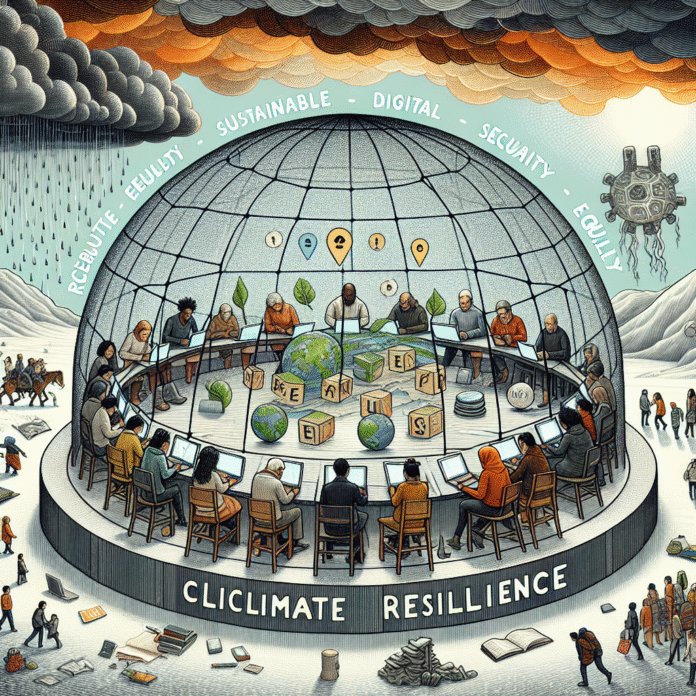Climate Resilience Needs Digital Justice
The Regulatory Review
Enhancing Climate Resilience Through Digital Justice
The intersection of climate resilience and digital equity is increasingly recognized as a critical area for fostering sustainable communities. As climate change continues to exacerbate environmental challenges, the importance of ensuring that all individuals have equitable access to digital resources cannot be overstated. Digital justice is not simply a matter of fairness; it is a fundamental component of effective climate resilience strategies.
The Link Between Digital Access and Climate Preparedness
In an age where information dissemination and communication are predominantly digital, access to technology plays a vital role in how communities prepare for and respond to climate-related disasters. Those without reliable internet access are often left in the dark when it comes to receiving crucial information about weather emergencies, evacuation plans, and available resources. This digital divide can lead to increased vulnerability among marginalized communities, making it essential to address these disparities to enhance overall climate resilience.
Empowering Communities Through Technology
To build climate resilience, it is imperative to empower communities by providing them with the tools and knowledge necessary to leverage technology effectively. This includes not only access to the internet but also education on digital literacy and the use of data to make informed decisions. Programs that equip individuals with the skills to navigate online resources, analyze climate data, and engage with local governance can significantly bolster community preparedness and response capabilities.
Policy Frameworks for Digital Justice
Governments and organizations must prioritize the development of policies that promote digital justice as part of their climate action plans. Investment in broadband infrastructure, particularly in underserved areas, is crucial. Additionally, initiatives that foster partnerships between public and private sectors can facilitate the sharing of resources and knowledge, ensuring that all communities have the capacity to respond effectively to climate challenges.
Integrating Technology in Climate Adaptation Strategies
The integration of technology into climate adaptation strategies can significantly enhance resilience. For instance, utilizing digital platforms to gather real-time data on environmental conditions can help communities monitor changes and respond proactively. Moreover, mobile applications that provide alerts and resources during emergencies can save lives and reduce the impact of climate events.
Conclusion: A Call to Action for Inclusive Climate Solutions
As we navigate the complexities of climate change, it is imperative that we approach resilience with a lens of inclusivity and equity. Digital justice is not merely an add-on to climate initiatives; it is a foundational element that can determine the success of these efforts. By ensuring that all communities have access to digital resources and the skills to utilize them, we can create a more resilient future that empowers every individual to stand strong against the challenges posed by a changing climate. The path forward requires collaboration, investment, and a steadfast commitment to justice in our digital landscapes.
